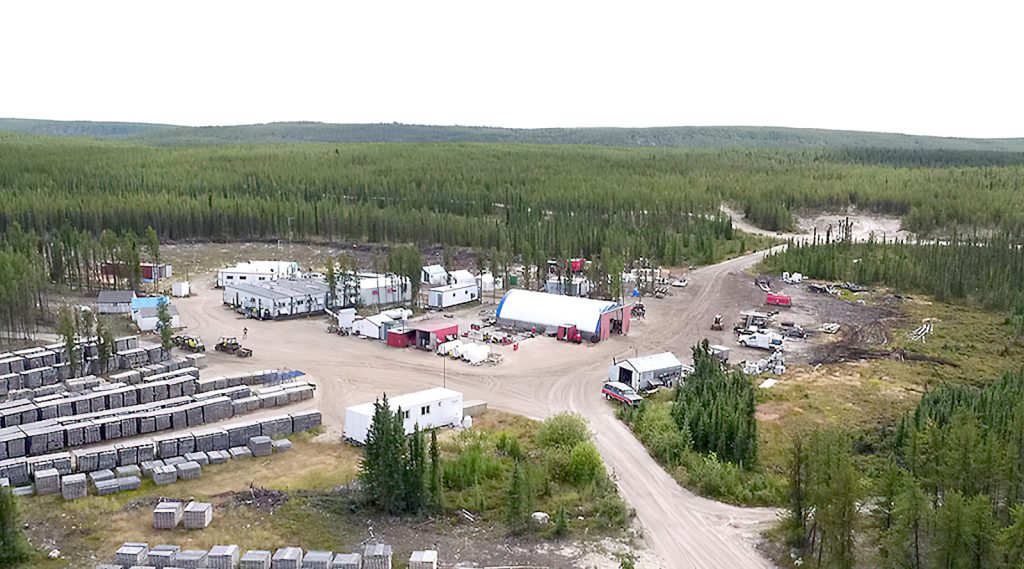Denison releases update on ISR uranium project

Denison Mines Corp. [DML-TSX] has released an update on its Pheonix project on the Wheeler River property in Saskatchewan. It is expected to rank as Canada’s first In-Situ Recovery (ISR) uranium mine and potentially one of the lowest-cost uranium mines in the world.
Details are contained in the company’s 2024 third quarter financial statements.
During the third quarter of 2024, the company continued to focus its efforts on the advancement of the Pheonix project towards a final investment decision in support of its objective to achieve first production by 2027/2024.
Pheonix engineering activities are advancing within expected timelines to support a financial investment decision by mid-2025. Total engineering completion at the end of the third quarter was 45%, supported by the finalization of process design, piping and instrumentation diagram, hazard and operational studies, as well as the selection of major process equipment and electrical distribution infrastructure.
Denison said the review of the draft environmental impact statement (EIS) continues to advance and the company has been in regular contact with CNSC (Canadian Nuclear Safety Commission) staff to support the conclusion of any remaining information requests. In September, 2024, Denison received confirmation that the majority of outstanding information requests have been resolved, which suggests that the Federal review process is nearing completion.
Denison has been given the green light by the Province of Saskatchewan to prepare, construct and operate the facilities required to carry out the in-situ recovery (ISR) feasibility field test planned for its Wheel River uranium project.
In January, 2024, Denison awarded a contract for approximately $16 million to Wood Canada Ltd. for the completion of design engineering for the ISR mining project planned for the Pheonix uranium deposit.
In 2023, Wood completed a feasibility study to evaluate the use of the ISR mining method and demonstrated robust economics. The project continues to move towards a final investment decision.
A NI 43-101 compliant pre-feasibility completed for Wheeler River in September, 2018, included the selection of the in-situ recovery mining method for the development of the Pheonix deposit, with an estimated average operating cost of US$3.33 per pound of U308. All-in costs are forecast to be US$8.90 a pound.
In-situ recovery involves processing the uranium while it is still in the ground through the injection of catalyzing agents into the ore.
In-situ-recovery is only possible in porous geological formations (like sandstone) which are amenable to such a technique. On average, the capital spend needed to put an ISR uranium project into production is less than 15% of the cost to build a conventional hard-rock uranium mine.
Aside from the production cost, ISR leaves a much smaller environmental footprint because it does not require the construction of a tailings impoundment facility. Denison is aiming to be the first company to deploy the ISR method at a uranium project in Canada.
Denison shares edged up 0.51% or $0.015 to $2.95 on Friday. The shares trade in a 52-week range of $3.37 and $1.91.
